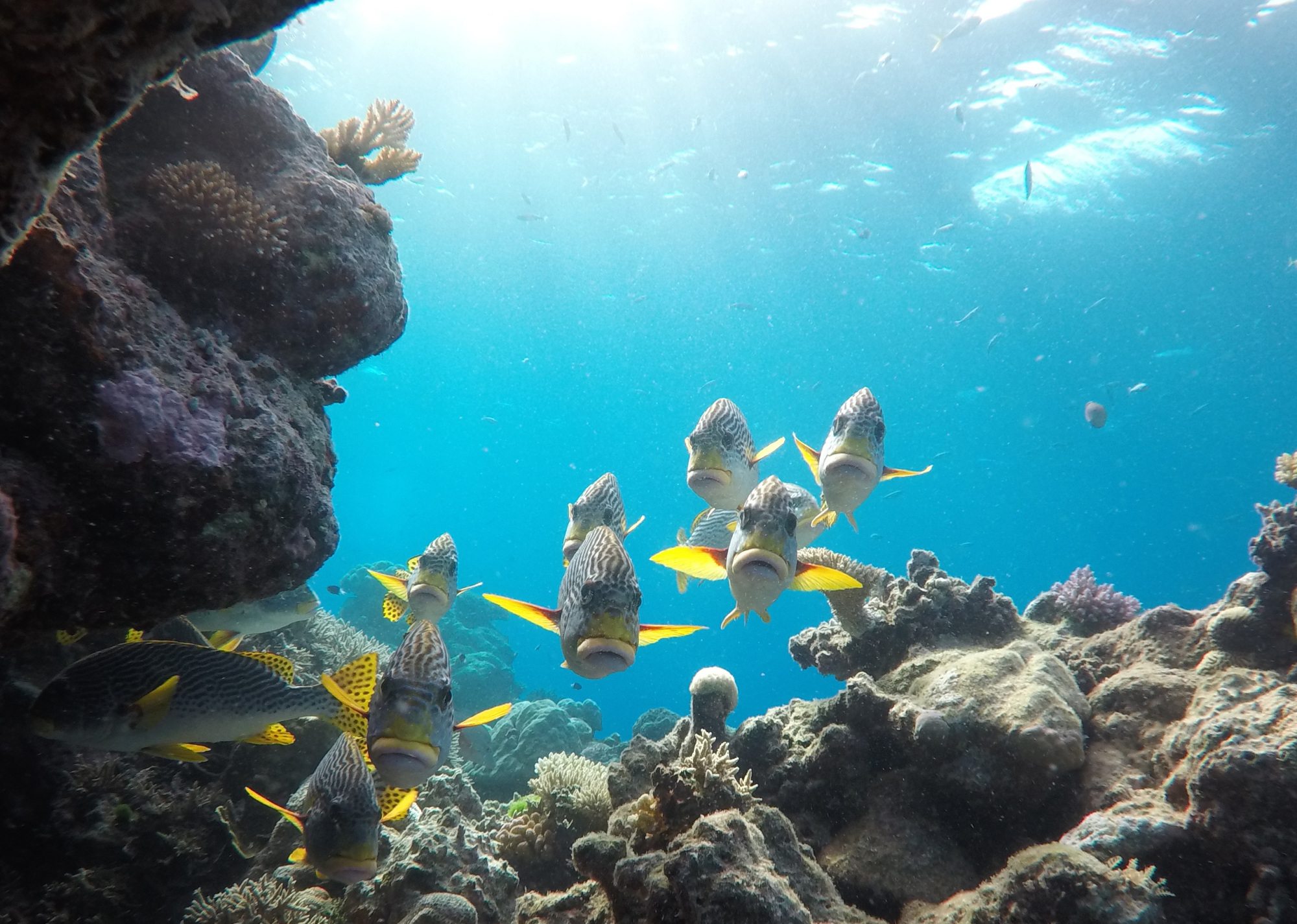The International Seabed Authority (ISA) sits perched above the concrete boardwalk of Jamaica's Kingston Harbor, across the bay from the spot where "Calico Jack" Rackham was once gibbeted as a warning to other 18th-century pirates. Today, this small United Nations agency rules the high seas — or, more precisely, the seafloor some five km below — and yet it is largely unknown to the general public. But if China decides to retaliate against U.S. import tariffs by restricting its exports of rare-earth elements, that could change fast.
Some 71 percent of the Earth's surface is actually underwater, and the seafloor (or seabed) is rich in rare-earth elements and other sought-after minerals — especially in deep international waters. The ISA manages the mineral rights of more than 50 percent of the world's deep ocean floor, and its 168 member states have the right to vie for access to the resources there. But, given the risk of catastrophic environmental consequences, all countries could lose out if this contest proceeds without due care.
Undersea minerals tend to be clustered in potato-shaped chunks of rock nestled on abyssal plains, vented in boiling-hot water from fissures in the seafloor, and crusted along the flanks of extinct underwater volcanoes called seamounts. Generally, the concentrations of minerals in these formations are much higher than in ores on dry land.

















With your current subscription plan you can comment on stories. However, before writing your first comment, please create a display name in the Profile section of your subscriber account page.